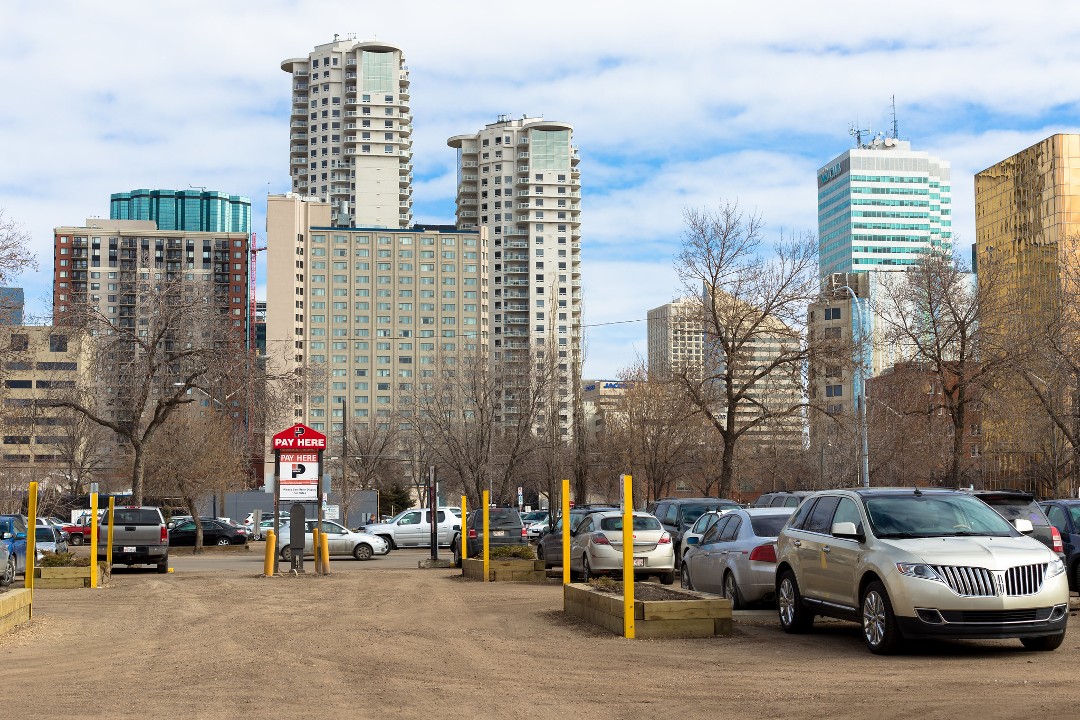IanO
Superstar
'Where a development permit has been issued, there are regulations for improving the aesthetics and safety of the site through landscaping, lighting, drainage and hard surfacing. Enforcement can be used, if required, to ensure permitted lots meet these regulations.'
Doing an enforcement blitz with x months to comply would be a good start and do wonders. Dirt/gravel lots have zero place in a 'modern' Downtown, let alone dark lots that have little to no oversight or maintenance. It is embarrassing, unnecessary and brings down the overall experience when you step out of your car into a 6" mud puddle while en route to a meeting or event.
But I do not expect much, if any change here, given that WE have been harping on this for 10-15 years or more.
Land owners have little motivation, the City honestly didn't seem to care and 311 requests were unresponsive.
Doing an enforcement blitz with x months to comply would be a good start and do wonders. Dirt/gravel lots have zero place in a 'modern' Downtown, let alone dark lots that have little to no oversight or maintenance. It is embarrassing, unnecessary and brings down the overall experience when you step out of your car into a 6" mud puddle while en route to a meeting or event.
But I do not expect much, if any change here, given that WE have been harping on this for 10-15 years or more.
Land owners have little motivation, the City honestly didn't seem to care and 311 requests were unresponsive.







